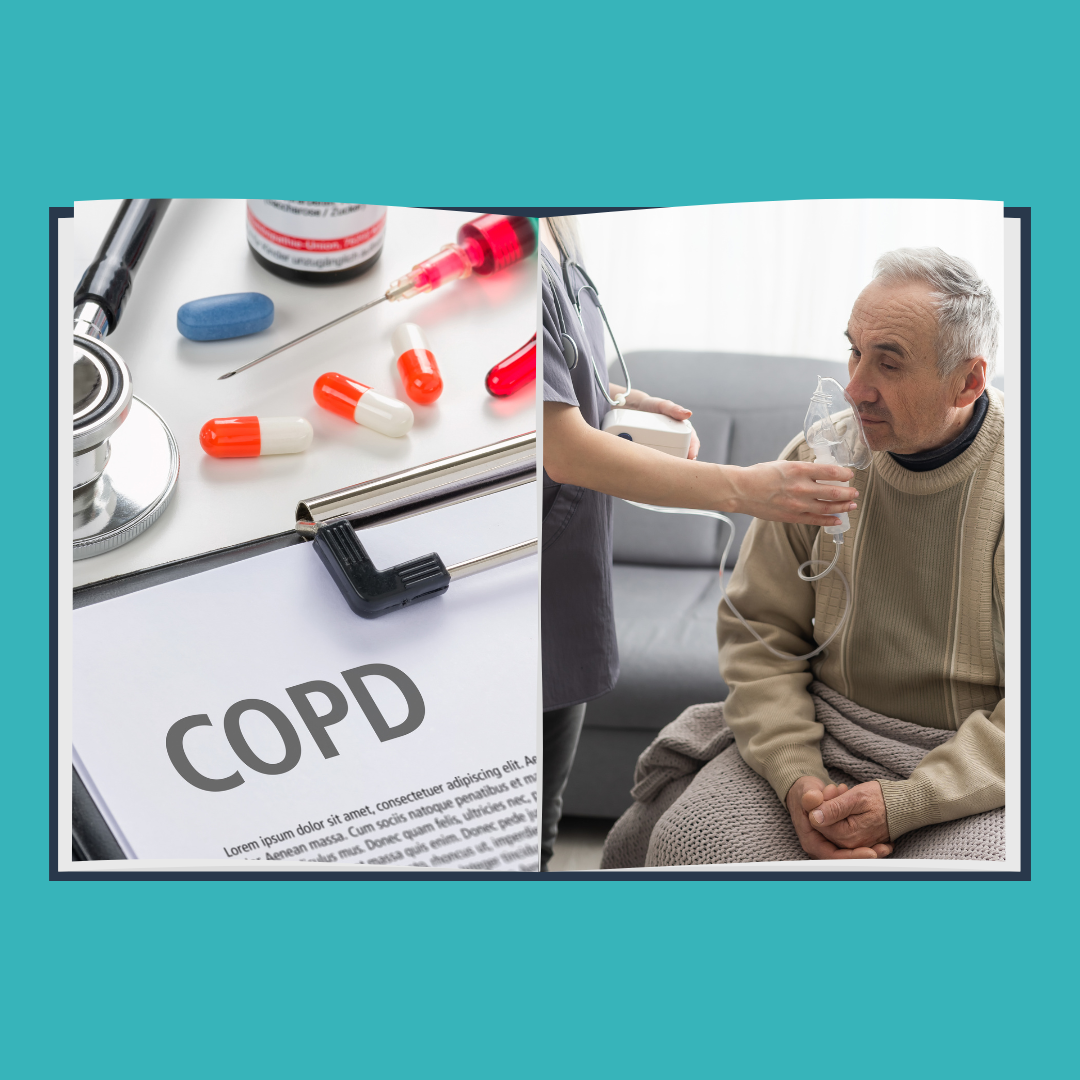New Paragraph
Understanding Heart Failure in Older Adults: Causes, Symptoms, and In-Home Care Solutions
Heart failure is a prevalent condition among older adults, significantly impacting their quality of life. This chronic condition occurs when the heart is unable to pump blood efficiently, leading to a range of symptoms and complications. Understanding heart failure, its causes, symptoms, and management strategies is crucial for caregivers and family members. In-home care services play a vital role in supporting older adults with heart failure, ensuring they receive the necessary care and attention.
Causes of Heart Failure in Older Adults
Heart failure can develop due to various underlying conditions and lifestyle factors, including:
- Coronary Artery Disease (CAD): The most common cause of heart failure, CAD occurs when the arteries supplying blood to the heart become narrow or blocked, reducing blood flow.
- Hypertension (High Blood Pressure): Persistent high blood pressure puts extra strain on the heart, weakening it over time and leading to heart failure.
- Diabetes: Diabetes can cause damage to the heart muscle and blood vessels, increasing the risk of heart failure.
- Previous Heart Attack: A heart attack can damage the heart muscle, impairing its ability to pump blood effectively.
- Valve Disease: Heart valve problems can disrupt blood flow and force the heart to work harder, eventually leading to heart failure.
- Cardiomyopathy: This disease of the heart muscle can be caused by genetic factors, infections, or chronic alcohol use, leading to heart failure.
- Obesity: Excess weight strains the heart and increases the risk of conditions that can lead to heart failure.
- Lifestyle Factors: Poor diet, lack of exercise, smoking, and excessive alcohol consumption can contribute to heart failure.
Symptoms of Heart Failure
Heart failure symptoms can vary in severity and may develop gradually or suddenly. Common symptoms include:
- Shortness of Breath: Difficulty breathing, especially during physical activity or when lying down.
- Fatigue and Weakness: Persistent tiredness and lack of energy.
- Swelling (Edema): Fluid retention in the legs, ankles, feet, and abdomen.
- Rapid or Irregular Heartbeat: Palpitations or a racing heart.
- Persistent Cough or Wheezing: Often accompanied by white or pink-tinged mucus.
- Increased Need to Urinate at Night: Frequent nighttime urination.
- Confusion or Impaired Thinking: Reduced alertness and difficulty concentrating.
- Nausea and Lack of Appetite: A feeling of fullness or nausea.
Diagnosing Heart Failure
Diagnosing heart failure involves a combination of medical history review, physical examination, and diagnostic tests, such as:
- Blood Tests: To check for markers of heart failure and underlying conditions.
- Echocardiogram: An ultrasound of the heart to assess its structure and function.
- Electrocardiogram (ECG): To measure the electrical activity of the heart and detect abnormalities.
- Chest X-ray: To visualize the heart and lungs.
- Stress Test: To evaluate the heart’s response to physical exertion.
- Cardiac MRI: Detailed imaging to assess heart function and structure.
- Coronary Angiogram: To examine the coronary arteries for blockages.
Managing Heart Failure in Older Adults
Managing heart failure involves a combination of lifestyle changes, medications, and medical procedures. Key strategies include:
- Medications: ACE inhibitors, beta-blockers, diuretics, and other medications to manage symptoms and improve heart function.
- Lifestyle Changes: Adopting a heart-healthy diet, regular exercise, quitting smoking, and limiting alcohol intake.
- Monitoring: Regularly tracking weight, blood pressure, and symptoms to detect changes early.
- Medical Procedures: In some cases, surgeries or procedures like angioplasty, valve repair, or implantable devices may be necessary.
- Education: Teaching patients and caregivers about heart failure management and recognizing symptoms.
The Role of In-Home Care in Managing Heart Failure
In-home care services provide essential support for older adults with heart failure, helping them manage their condition and maintain a high quality of life. Key benefits include:
- Personalized Care Plans: Tailored care plans that address the unique needs and preferences of each individual.
- Medication Management: Ensuring medications are taken correctly and on time to prevent complications.
- Diet and Nutrition Support: Preparing heart-healthy meals and monitoring dietary intake.
- Exercise Assistance: Encouraging and assisting with safe, appropriate physical activities.
- Symptom Monitoring: Regularly checking for changes in symptoms and vital signs to catch issues early.
- Emotional Support: Providing companionship and emotional support to reduce stress and anxiety.
- Education and Advocacy: Educating patients and families about heart failure and advocating for their needs in healthcare settings.
- Respite for Family Caregivers: Offering respite care to relieve family caregivers, ensuring they can take breaks and maintain their own health.
Heart failure is a serious condition that requires careful management, especially among older adults. Understanding its causes, symptoms, and treatment options is essential for providing effective care. In-home care services play a crucial role in supporting seniors with heart failure, offering personalized care, monitoring, and emotional support to enhance their quality of life. By working together, caregivers, healthcare providers, and family members can help seniors manage heart failure and live comfortably and independently.









